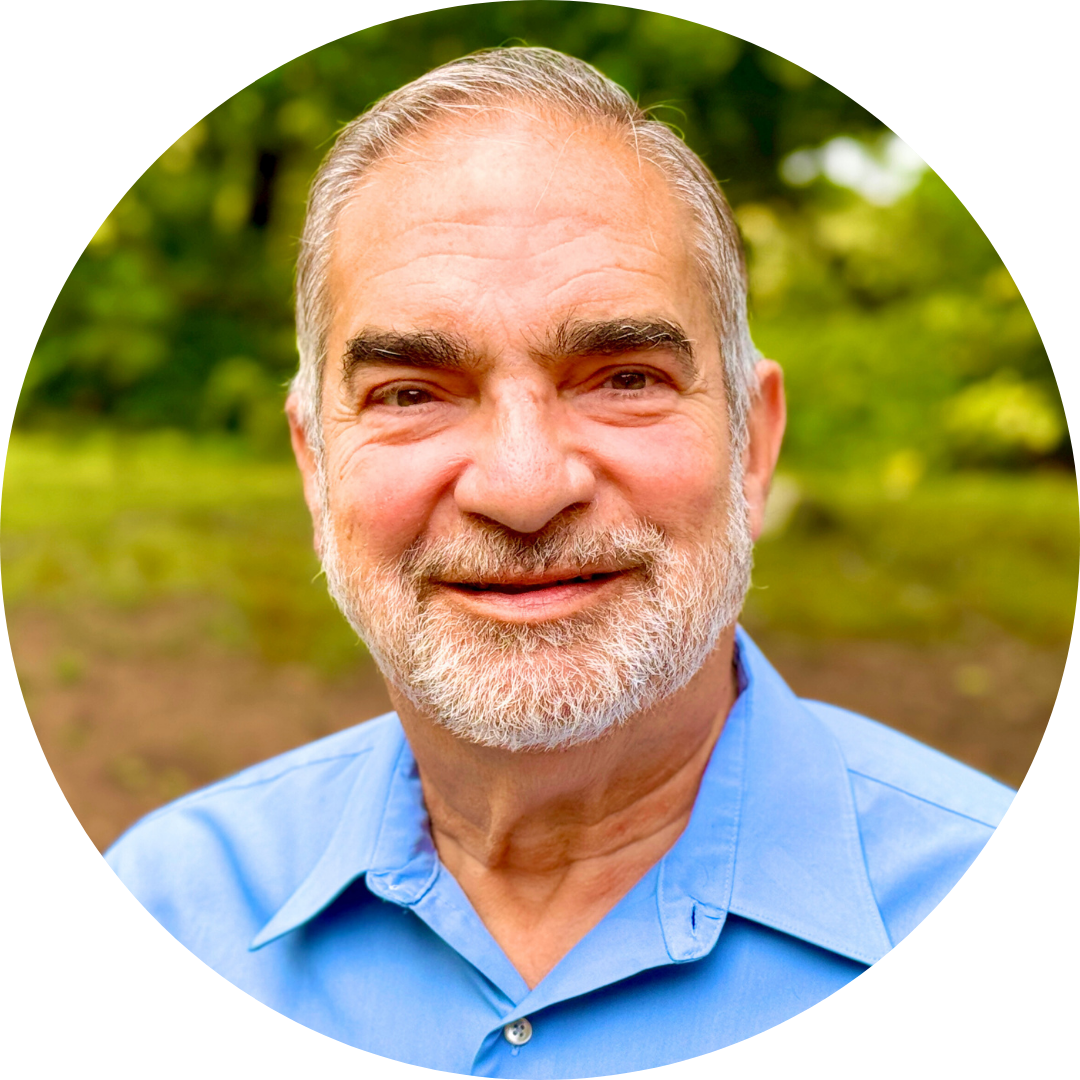Often enough, I run into people who report that their faith in God was shattered when something terrible happened. If there is a God, they ask, how could He let such things happen?
Recently, I conversed with a man with whom I have been meeting for several years, witnessing his ever increasing sense of the divine presence in his daily life. Three years ago, he was unable to feel any connection to God even though he was quite observant of Jewish ritual. Now, there is rarely an experience — glorious or terrible — in which the divine is absent. He was describing his response to the death of his nephew’s forty-year-old wife, mother of five young children.
“I’m angry,” he reflected, “but I’m not angry at God. God doesn’t pick people out and afflict them with cancer. What really got me angry was the blessing, the one you recite when you first learn that someone has died. ‘Barukh Dayyan Ha-Emet. Blessed be the Righteous Judge.’ As if God is in control and her death is just.”
I suggested several ways of reinterpreting the blessing that I use: Blessed be the infinite one whose view of things is incalculably greater than any human perspective; Blessed be the compassionate one who understands the truth of my sorrow and is with me in my pain.
“That’s all well and good,” he replied, “but then why don’t we replace `Blessed be the Righteous Judge’ with `Blessed be the One who sits hidden on high,’ another phrase in the traditional liturgy.
“That sounds good to me,” I affirmed.
Since that conversation, I reflected on the original blessing. It is translated as “Blessed is the Righteous Judge,” but it literally means “Blessed is the Judge of Truth,” which means something very different. In the face of loss, I am affirming that God sees things as they truly are (and not that God is the primary cause of death and was right to cause that death). In the case of my client’s loss of his nephew’s wife, the traditional formula may be understand as affirming that God sees and judges all things truly—God sees her suffering, and her husband’s, and her children’s, and her parents’, and the suffering of her husband’s uncle. God is present to it all and is with us as we suffer and heal.
How you experience the phrase “Judge of Truth” depends on what you believe about God’s control of human affairs. If you believe that God is aware of all the details of our lives and rewards or punishes us for our behavior, then you are forced to justify God for everything that happens. But if you believe that God is not the cause of everything but that God is present in everything — supporting, offering compassion and insight, empathizing with us, inspiring us— — you can try to discern the invitation, the opportunity to connect with the divine in every situation, even the saddest and most horrible.
When you stop believing that God is the cause of everything that happens to us, you don’t necessarily stop believing in the presence of the divine that infuses all things.
Sometimes, that moment is the start of a new, more vibrant and sustaining kind of faith.








